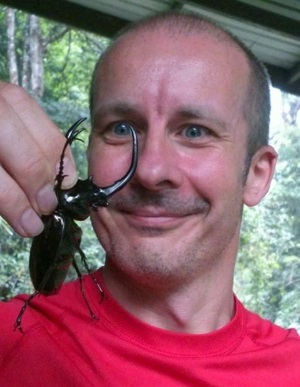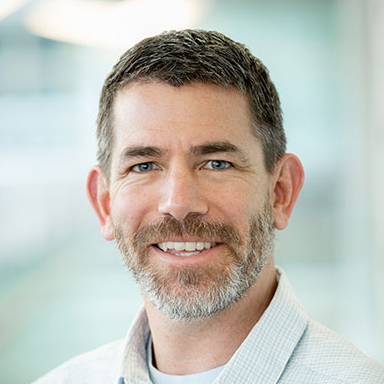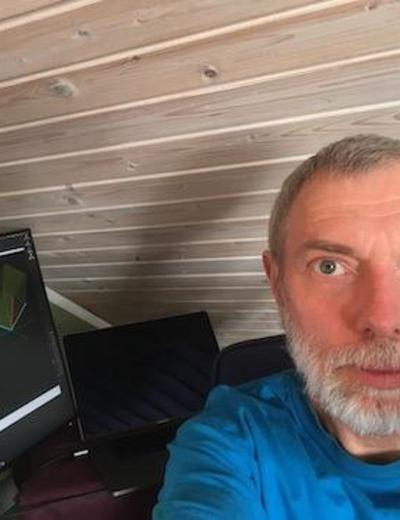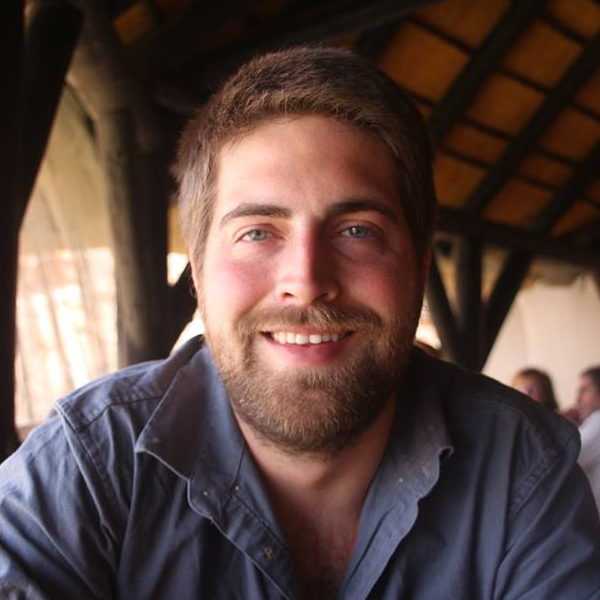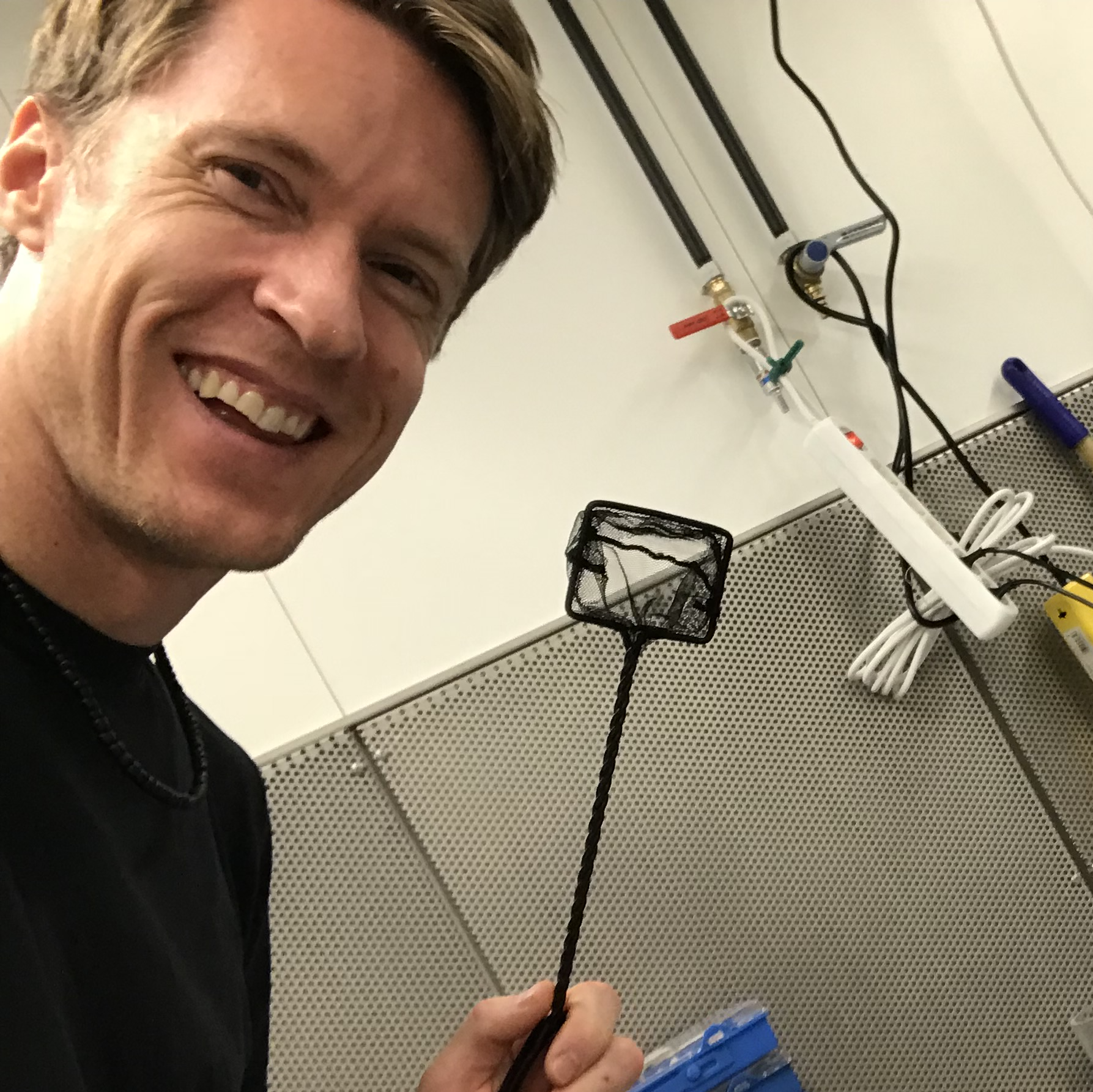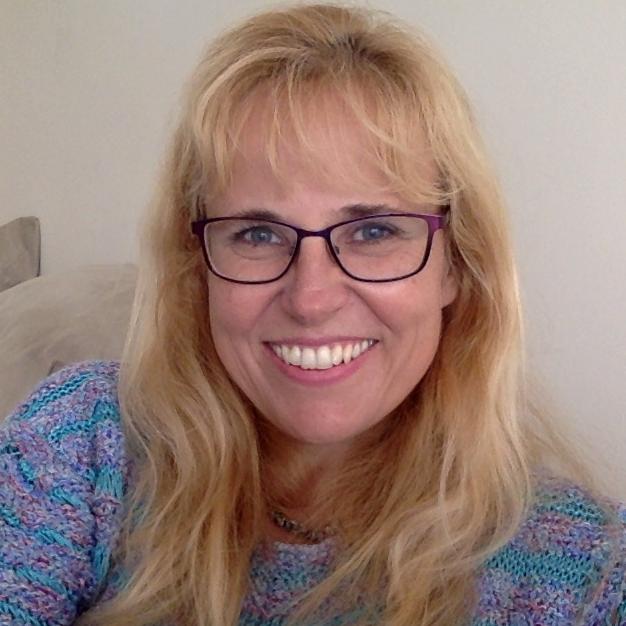SORTEE member voices – Rob Knell
[SORTEE member voices is a weekly Q&A with a different SORTEE member]
Name: Rob Knell.
Date: 03 July 2021.
Position: Reader at Queen Mary University of London.
Research and/or work interests: Evolutionary ecology, more specifically how mating systems influence adaptation, extinction and population dynamics. Animal contests and the evolution of weaponry. Disease ecology on occasion. Statistics.
What ‘ORT’ practice have you introduced into your research practice that you’ve found really helpful?
Recording data analysis as an rmarkdown document rather than just a script. This allows a much more extensive record to be kept along with the output from the analysis as well as the code, and is much easier to understand when you come back to an analysis some time after it was done. You can then publish the rmarkdown file along with a paper, either as an appendix or a supplementary file or with the data file in a repository like Dryad. This way the code and the full output of the analysis is open and available. Everyone benefits: we benefit because our records are as good as they can be, and anyone interested in our publication benefits because the full analysis is available.


